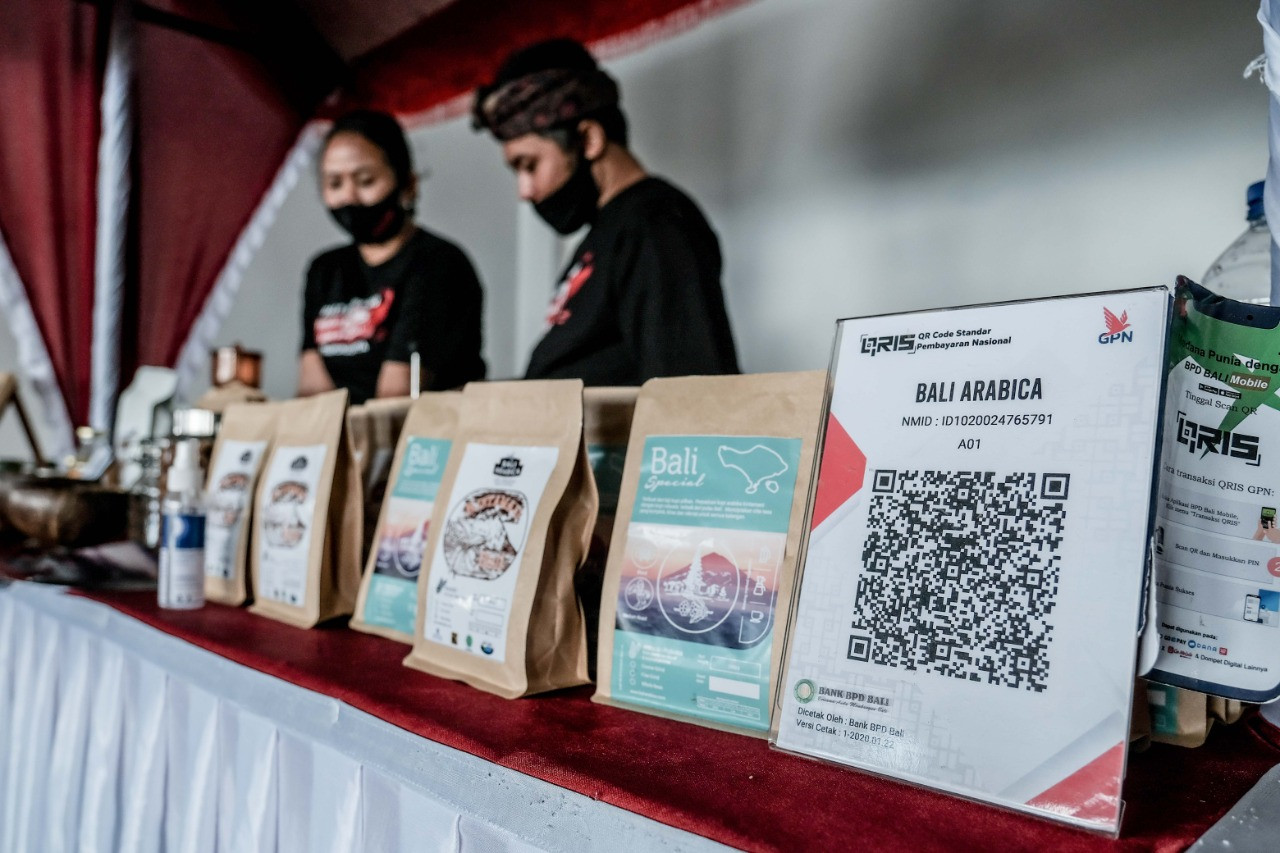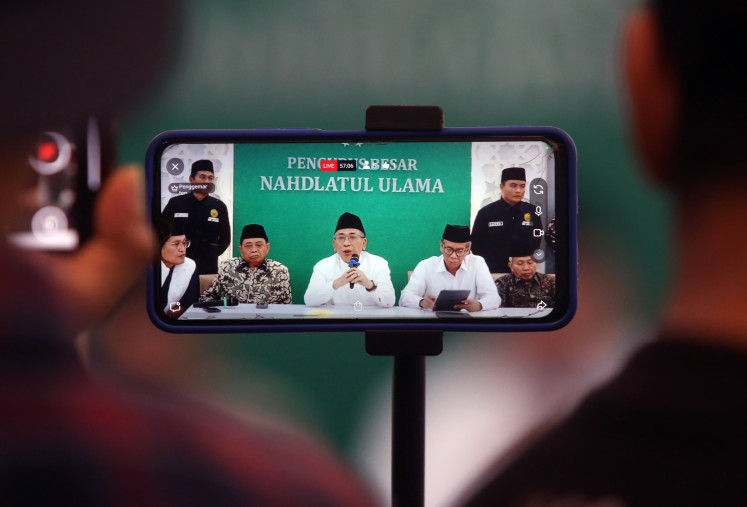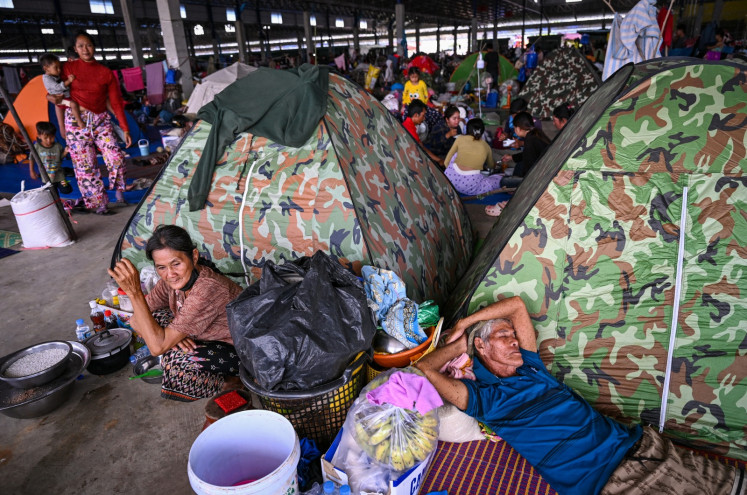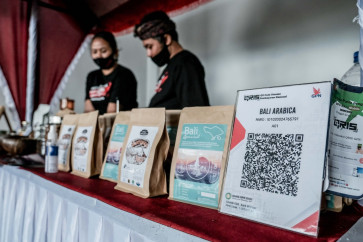Popular Reads
Top Results
Can't find what you're looking for?
View all search resultsPopular Reads
Top Results
Can't find what you're looking for?
View all search resultsReviving MSMEs through the Macroprudential Inclusive Financing Ratio
The RPIM policy aims to nurture the banking intermediation function by increasing economic inclusion and access to finance and MSME development.
Change text size
Gift Premium Articles
to Anyone
G
overnment policy making always pays attention to the concepts of equity, assurance and benefits. Equity, where policies are issued impartially and without marginalizing certain groups; assurance, implying the policy has a specific goal to be achieved and benefits, for public prosperity and welfare.
Based on those principles and the impetus to revive micro, small and medium enterprises (MSMEs) amid the COVID-19 pandemic, Bank Indonesia (BI) issued the Macroprudential Inclusive Financing Ratio (RPIM) in early September. The RPIM requires banks to allocate at least 20 percent of their total lending to MSMEs by June, 2022, a further 25 percent by June 2023 and 30 percent by June 2024.
The RPIM was launched to mitigate the damaging impact of the pandemic on MSMEs, seen as the backbone of the Indonesian economy, and because banks often tend to focus on big loans for low-risk companies or prefer to place their funds in securities or interbank money markets.
As stipulated in BI Regulation (PBI) No. 23/13/PBI/2021, the RPIM policy aims to nurture the banking intermediation function by increasing economic inclusion, as well as access to finance and MSME development. The policy “forces” banks to fund MSMEs more aggressively, including those unbanked and underbanked, such as low-income earners and those toward the bottom of the pyramid.
BI has also expanded the RPIM scheme beyond direct financing to borrowers. Banks can finance MSMEs through partners in the supply chain, such as MSME groups, clusters and cooperatives. In addition, banks can partner with third parties offering access to larger networks and with the appropriate competencies, such as rural banks, sharia rural banks, multi-finance companies, fintech, venture capital firms and savings and loans cooperatives, as well as the Government Investment Management Agency (PIP).
In August, the banking industry’s net interest margin grew by a relatively strong 4.54 percent year-on-year (yoy), but this was not reflected, however, in the intermediation function. In the same period, private and public funds deposited in the banking system expanded by 8.81 percent yoy, yet the growth of outstanding loans disbursed by the banking industry stood at just 1.16 percent yoy.
As of August, bank holding of government securities (bonds) accounted for 33.45 percent of total tradeable government bonds, thereby making government securities a major source of income for banks. Such conditions are clearly not ideal for the banking industry, yet more discouraging was that MSME loan growth was just 2.7 percent. But this does not show the whole picture, as loans to micro enterprises actually contracted by 18.24 percent. This is one of the reasons that prompted BI to issue the new RPIM policy.


















